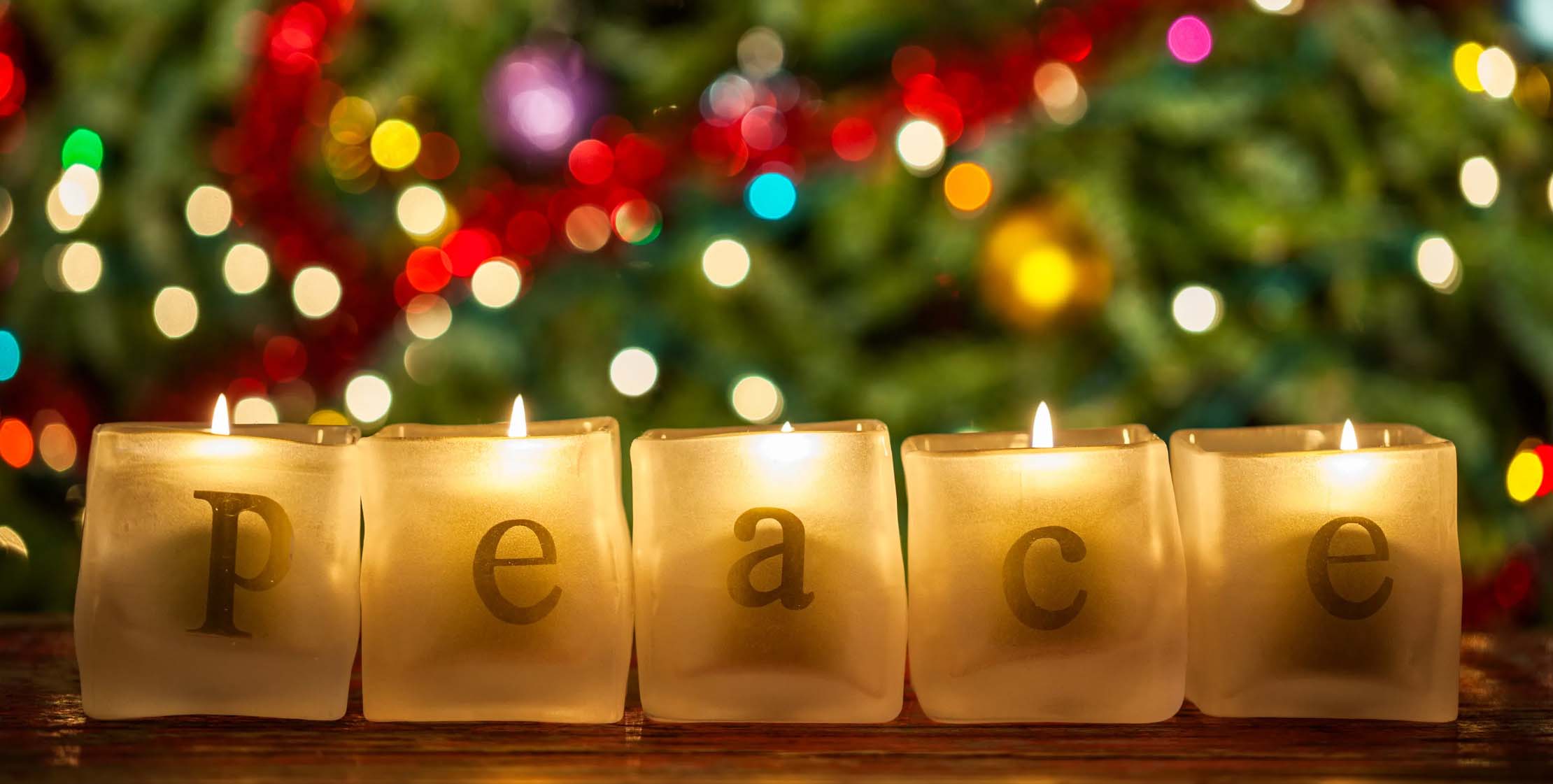Every year, the Christmas season brings joy and celebration. Expenses go up in the family, locality, village and communities. There is an investment in decorations, games & sports, competitions, prizes and livestock for the Christmas menu. All these are part of the celebration. The question, we can ask is ‘What investment have we made towards peaceful living and peaceful coexistence’ as we commemorate the birth of the Prince of Peace?
Antitheses to peace
Duplicity in talk and work is the antithesis of peace at its roots. The trust deficit is another big wet blanket that destroys peace between people. Sectarianism is yet a satanic force that segregates people on the basis of colour, creed, language, and territory. Hyper-ethnic sensitivity is the emerging global phenomenon that asserts to preserve one’s community at the expense of others – a movement that is directly not helpful for the peaceful coexistence of people. The uninvited involvement of external forces in a particular family, society, group or community inherently disturbs the peaceful atmosphere, thereby leading to rifts and emotional distancing. False promises to people are also an enemy of peace. At the least, false promises are a direct disrespect to the sensibility and intellect of the crowd. Proclaiming that we are Christians but constantly in conflict with other people (Christians or non-Christians) is also a counter-witness of Christianity. Reckless, speedy and drunken driving and riding during Christmas are usual phenomena that can cause accidents and disturb peace in the family. It is time to keep ourselves away from forces that disturb peace.
Peace initiatives
Peace is a costly state of affairs. Nations are paying through their nose to establish peace or disturb an existing peaceful situation. Governments are trying their best to restore, maintain or initiate peace. Conflict is the opposite of peace. Conflicts at home, in the village, at the ethnic level, and community level expand and bring about disharmony. Peace cannot be spoken or initiated only during Christmas time or just before political elections or during some community functions. But peace should be nurtured in every stage of life – at the personal level, the familial level, community level. Peace is one such entity that cannot be artificially established by anyone (powerful or weak). Peace needs genuineness of purpose and work. Infrastructural development – roads, waterways, airways, schools, colleges, hospitals, communication facilities, and digital transactions amenities are some concrete examples that initiate peace and stability in the minds of people. These initiatives enliven the minds of people that they are precious and their development is important for the overall growth of society. Humans should create respect and care for the environment to experience peace.
Prince of Peace
The birth of Jesus was a harbinger of peace. “And suddenly there appeared with the angel a great multitude of the heavenly host, praising God and saying: ‘Glory to God in the highest, and on earth peace to men on whom His favour rests’. When the angels had left them and gone into heaven, the shepherds said to one another, ‘Let us go to Bethlehem and see this thing that has happened, which the Lord has made known to us’” (Luke 2:13-15). Although Jesus did not have peace during his public ministry in Palestine, He is still called the Prince of Peace. His way of life and vision challenged the then-powers that be. He was peaceful from the inside but his works apparently created unrest within the power structures. The type of peace Jesus wanted to establish was in contrast to the world peace of the time. Jesus tried his best to uplift the poor and challenged the oppressing structures. Ultimately, he made peace with God and humans with his supreme sacrifice on the cross. Therefore, Christmas symbolizes peace and tranquility for humanity.
Personal involvement in the Christmas celebration demands mental, emotional and spiritual preparedness. If you want peace, it is possible to have, provided you do your homework. If Christmas is for the rich to have lavish celebrations while the poor survive with minimum food and dress, I don’t think, there will be peace. If Christmas is a time when the powerful snatch poor people’s resources/funds/benefits, I don’t think, there will be peace. If Christmas is a time for honey-coated speeches without genuine intentions for peaceful coexistence, I doubt, there would be lasting peace. Can this Christmas be a time of peace? How?
(The author is a PhD research scholar, Department of Sociology and Social Work, Christ University, Bengaluru, Karnataka, India. Email:[email protected])

The author is a PhD research scholar, Department of Sociology and Social Work, CHRIST (Deemed to be University), Bangalore, Karnataka, India. Email: [email protected]









